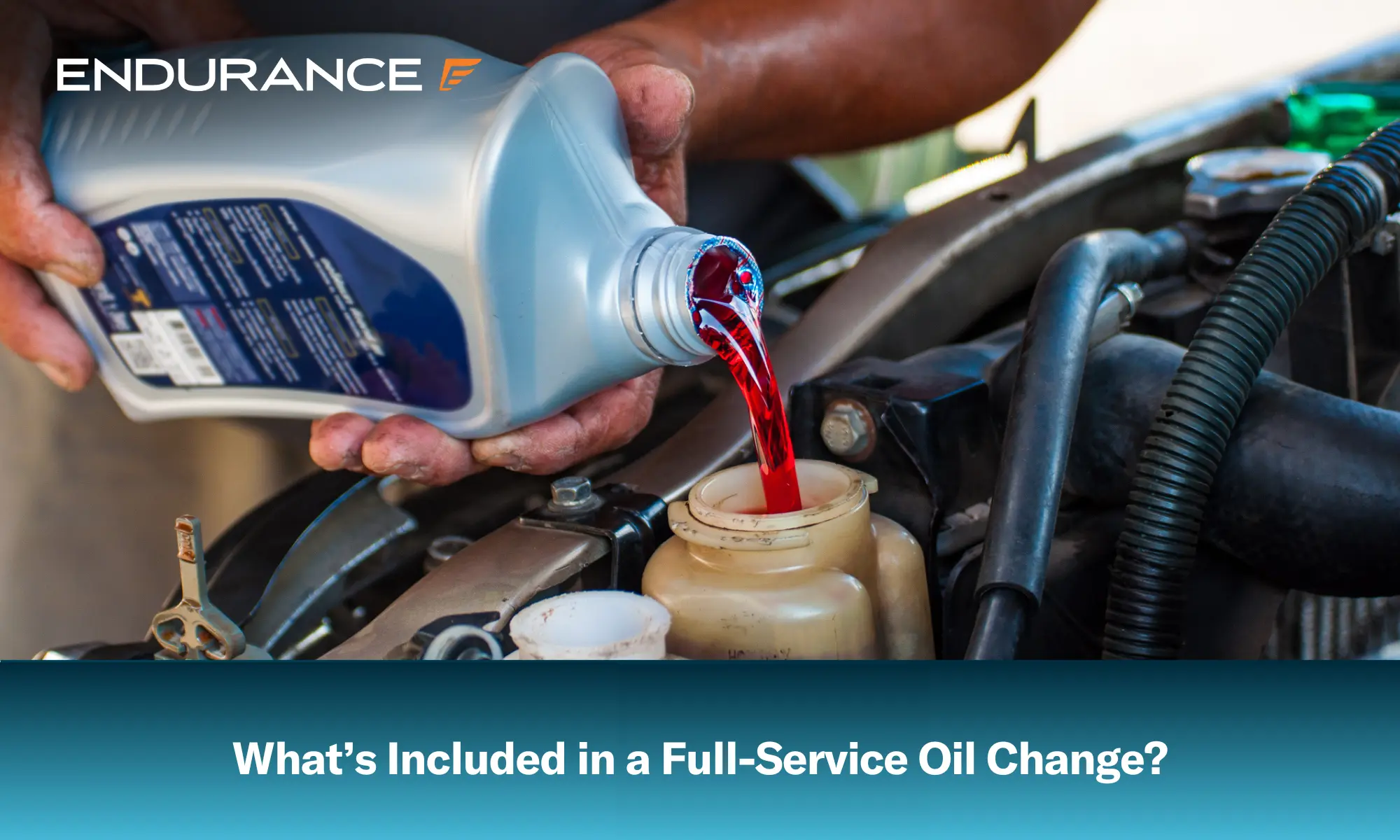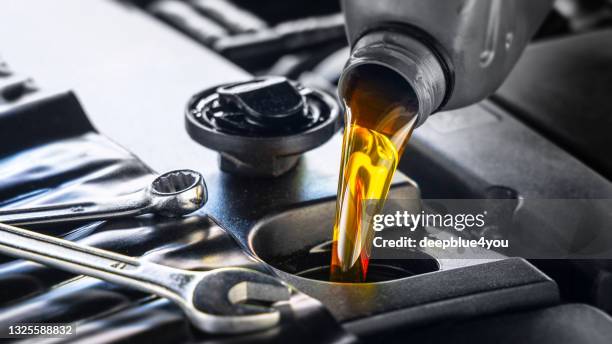Why Regular Oil Changes Are Necessary for Your Automobile's Longevity
Routine oil changes are a keystone of automobile upkeep, playing a crucial function in ensuring the long life and efficiency of your engine. Comprehending the multifaceted benefits of regular oil changes is crucial for any automobile owner; nonetheless, the effects prolong beyond simple engine wellness.
Significance of Engine Lubrication
When I think of the key factors that add to a vehicle's durability, engine lubrication attracts attention as vital. Proper lubrication is essential for lessening rubbing in between moving parts, which in turn reduces wear and tear. Engine oil serves as a vital obstacle, safeguarding components such as pistons, camshafts, and crankshafts from the warm created throughout operation. Without enough lubrication, these components can experience too much heat and even tragic failing.
In addition, high-grade engine oil has detergents and additives that aid keep the engine tidy by avoiding sludge build-up and deterioration. This sanitation is critical for keeping optimum engine performance and fuel performance. Routine oil changes ensure that the oil stays reliable, as in time, it comes to be contaminated and sheds its capacity to lubricate properly.
In addition, engine lubrication plays a function in boosting the total effectiveness of the automobile. A well-lubricated engine operates smoothly, enabling much better fuel burning and decreased exhausts. Focusing on engine lubrication with regular oil adjustments is not just a maintenance task; it is a basic method that dramatically influences the durability and dependability of any vehicle.
Stopping Engine Damage
Lessening engine damage is critical for keeping a lorry's efficiency and prolonging its life-span. Normal oil adjustments play a considerable function in this preventative procedure by making sure that engine parts remain appropriately oiled. Engine oil works as a safety obstacle between relocating parts, minimizing friction and preventing too much warmth build-up. Over time, oil degrades and collects impurities, which can jeopardize its efficiency.
Failing to alter the oil at recommended intervals can result in raised wear on essential engine parts, such as pistons, bearings, and camshafts. As these parts degrade, the danger of pricey repairs and even total engine failing rises. Additionally, old oil can come to be sludgy, hampering the oil's ability to flow easily and oil vital areas within the engine.
Enhancing Fuel Effectiveness
Normal oil changes not just prevent engine damage however also contribute substantially to enhancing gas efficiency. Clean, high-grade oil minimizes friction in between the relocating components of the engine, allowing it to run more efficiently. When the oil is unclean or degraded, it becomes less reliable at lubricating these components, leading to enhanced friction and resistance. This can cause the engine to work harder, thus consuming even more fuel.
Furthermore, utilized oil can cause sludge accumulation, which can discover this info here block oil flows and impact the overall efficiency of the engine. Such obstructions can hinder the engine's ability to preserve optimal operating temperature levels, additionally interfering with fuel effectiveness (Oil Change Lockhart). By consistently changing the oil and oil filter as per the manufacturer's referrals, automobile owners can make sure that their engines run effectively
Moreover, contemporary engine oils are formulated with additives that improve gas combustion and decrease discharges. Resources Hence, using the suggested oil type and preserving a regular oil adjustment schedule not just improves fuel effectiveness yet also adds to a cleaner environment. In recap, routine oil adjustments are a crucial element of vehicle maintenance that directly affects gas economic situation and overall engine performance.
Finding Prospective Problems Early
How can vehicle proprietors efficiently protect their engines from potential problems? Regular oil changes function as a crucial safety net, allowing for the early discovery of underlying problems. During an oil change, technicians often check the engine and its elements, identifying indicators of wear, leakages, or uncommon down payments that can suggest a lot more significant problems.
For example, the problem of the oil filter can disclose engine wellness; a blocked filter might recommend too much particles or contaminants, triggering more examination. Furthermore, the oil itself can be evaluated for unusual staining or consistency, which might signify problems such as overheating or improper burning. Routine evaluations throughout oil adjustments can also highlight potential leaks in oil gaskets or seals, which, if overlooked, can bring about a lot more serious engine damage.
In addition, these scheduled maintenance sessions provide a chance for technicians to inspect fluid levels and various other essential systems, making sure total automobile reliability. By focusing on regular oil modifications, automobile proprietors can enhance their capability to find potential issues early, eventually extending engine life and guaranteeing more secure, much more efficient driving experiences.
Cost-Effectiveness of Regular Upkeep


Investing in routine upkeep, specifically oil modifications, not only aids in early problem detection yet additionally works as a cost-efficient strategy for automobile ownership. Regular oil adjustments help maintain engine efficiency and efficiency, lowering the threat of expensive repair services related to disregard. By ensuring that the oil is clean and at optimal levels, car owners can protect against engine damage, which can bring about catastrophic failings that necessitate costly substitutes.
Additionally, many makers suggest particular periods for oil modifications, and sticking to these standards can aid keep guarantee insurance coverage. This conformity means that any future repair work or replacements will certainly be covered, leading to substantial savings over the lifespan of the car.

Conclusion
